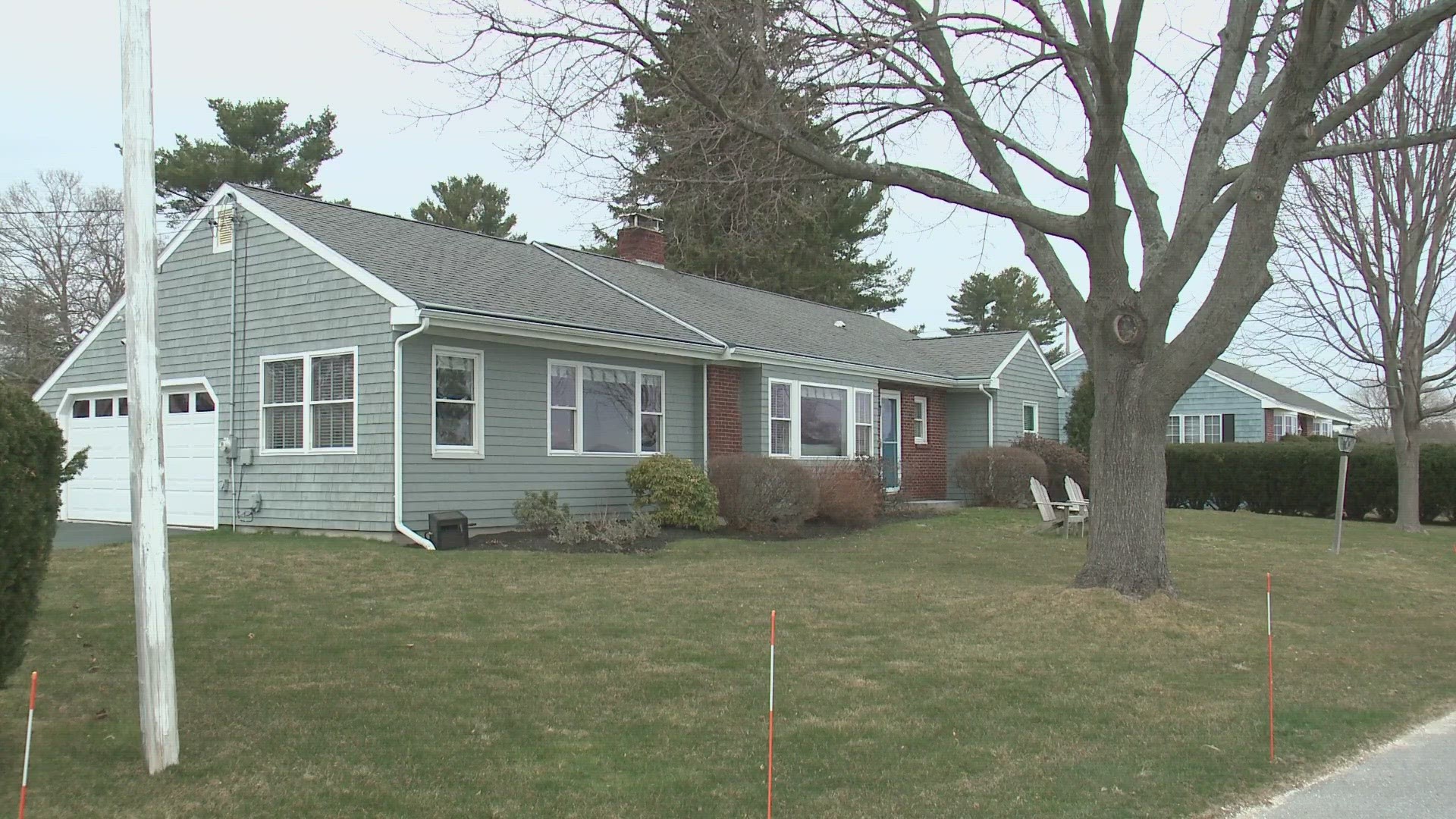AUGUSTA, Maine — Last August, a new law took effect aimed at giving relief to Maine homeowners who have watched inflation and demand drive up their property values and, thus, their taxes.
But lawmakers from across the political spectrum say it was not implemented with a thorough plan, and they’re rushing to make changes.
The Property Tax Stabilization Program allows people 65 and older who have owned their home for 10 nonconsecutive years, to apply to have their property taxes frozen at the previous year’s rate. That freeze can continue, but homeowners must re-apply each year. There are no income requirements and, while the law compels towns to assess and offer financial relief, state reimbursement will be up to each new legislature.
Republican Senate Minority Leader Trey Stewart, of Presque Isle, sponsored the bill to establish the program. In his May 2021 testimony on the bill, Stewart said he submitted it after helping a constituent sell their camp which, he testified, they were no longer able to own due to increasing tax rates.
"Ensuring that our seniors are truly able to stay in their homes in their 'golden years' should be a priority for every legislator," he testified. "While we tend to nibble around the edges of this idea with different ideas like the Homestead Exemption or Revenue Sharing programs, I believe that a proposal such as this gets at the root cause of the problem and proposes a meaningful solution. I hope that this committee will join me in recognizing the value of a policy like this that will go a long way to aiding Maine’s senior population without burdening our local governments."
While many said the program comes from a good place, Mayors, retiree representatives, and economists all came to Augusta in March to testify in favor of various bills, six of which were debated by the Joint Taxation Committee on Tuesday. Each bill aimed to revamp portions of the program.
Kate Dufor, spokesperson for the Maine Municipal Association, represents all but three town offices in Maine, and testified as well.
"There's no guarantee, because every two years a new legislature will decide whether or not to reimburse municipalities for 100 percent," Dufor explained to NEWS CENTER Maine on Tuesday.
She pointed to the state constitution, which requires the state to reimburse municipalities at least 50 percent of tax revenue lost due to exemptions. If a legislative majority wished to slash the reimbursement laid out in the stabilization program, towns would be left in the red.
Senator Rick Bennett, R-Oxford, put forth LD 130, which proposed eliminating the still-new program altogether and expanding the state's existing Homestead Exemption Program. That program allows eligible permanent residents to get up to $25,000 taken off of their property value when it comes to tax evaluation.
Bennett told us on Tuesday the stabilization program has correct intentions, but he believes its lack of income requirements and ability to be transferred between properties leaves it ripe for wealthy property owners to take advantage, with Maine taxpayers paying for their tax break.
"The stabilization act is popular because, on the face value of it, it says, 'Yeah, this makes sense for people on fixed income,'" he said. "My concern are the inequities, where people who really don't need the help are the ones who will benefit the most from it."
During Tuesday's committee meeting, legislators tossed out some of the proposed bills and tabled another to potentially use it as a so-called "vehicle" bill, which will include future, agreed-upon provisions to be packaged up and sent to the full Legislature.

